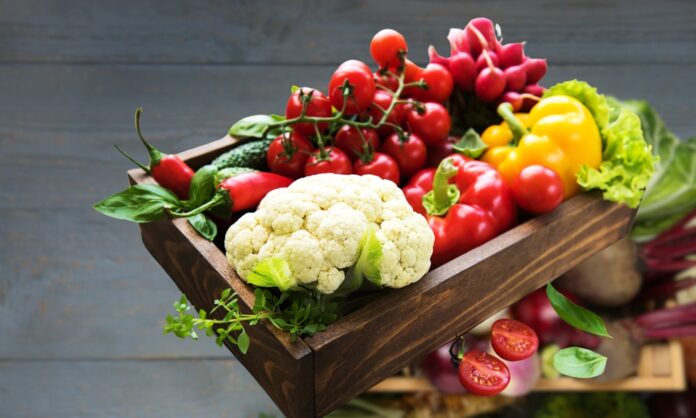As we age, maintaining a balanced and nutrient-rich diet becomes increasingly important to support overall health and well-being. For seniors, proper nutrition can help prevent chronic diseases, boost mental sharpness, and keep energy levels up. Here are some of the best foods that can help older adults stay healthy and vibrant.
Leafy Green Vegetables
Including a variety of leafy green vegetables in your diet is essential for getting vital nutrients. Vegetables like spinach, kale, and collard greens are rich in vitamins A, C, E, and K. They provide antioxidants that support eye health and may reduce the risk of chronic diseases.
Calcium-Rich Foods
Maintaining strong bones is crucial for seniors to prevent osteoporosis and fractures. Foods high in calcium, such as low-fat dairy products, fortified plant-based milks, and green leafy vegetables, can help keep bones strong and healthy.
Vitamin D Sources
Vitamin D is essential for bone health and immune function. While sunlight is a natural source, dietary options are important too. Incorporating vitamin D-rich foods like fatty fish (salmon, mackerel), fortified cereals, and egg yolks can help maintain adequate levels.
Lean Proteins
Lean proteins are important for preserving muscle mass, which can decrease with age. Options like poultry, fish, eggs, beans, and tofu provide the necessary protein without the added saturated fats found in red meats.
Omega-3 Fatty Acids
Incorporating foods high in omega-3 fatty acids supports heart health and cognitive function. Fatty fish like salmon and tuna are excellent sources. If seafood isn’t preferred, fish oil supplements can be an alternative.
Whole Grains
Switching to whole grains like brown rice, whole wheat bread, and oatmeal adds fiber to the diet, aiding digestion and helping to prevent constipation. Whole grains also provide essential nutrients like B vitamins and minerals.
Berries and Antioxidant-Rich Fruits
Berries such as blueberries, strawberries, and raspberries are packed with antioxidants. These antioxidant-rich fruits help combat oxidative stress and may reduce the risk of certain diseases.
Nuts and Seeds
Nuts like walnuts and almonds are great for heart health due to their healthy fats and can help lower cholesterol levels. Seeds like flaxseeds and chia seeds also provide omega-3 fatty acids and fiber.
Hydration
Staying hydrated is crucial, especially since the sense of thirst may diminish with age. Aim to drink six to eight glasses of fluids daily to prevent dehydration, which can lead to confusion and urinary tract infections.
Foods Rich in Iron and Vitamin C
Iron is vital for maintaining energy levels, and vitamin C enhances iron absorption. Incorporate iron-rich foods like lean red meat and legumes, and pair them with vitamin C-rich foods like citrus fruits and tomatoes.
Limit Salt and Sugar Intake
To maintain optimal health, it’s important to limit salt intake to 6g per day and sugar intake to 30g per day. This helps manage blood pressure and reduces the risk of heart disease.
Stay Active and Engage in Physical Activity
Complementing a nutrient-rich diet with regular physical activity can help maintain a healthy weight, muscle strength, and overall mobility. Consult with healthcare providers to find suitable activities.
By focusing on these nutrient-dense foods, seniors can take proactive steps toward maintaining their health and enjoying a higher quality of life. Remember, it’s always best to consult with healthcare professionals or a registered dietitian to tailor dietary choices to individual health needs.


